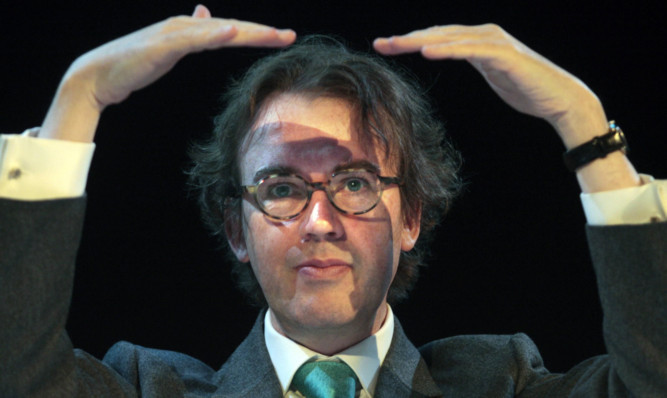The director of Edinburgh International Festival (EIF) has defended his decision not to include productions addressing Scotland’s independence referendum in next year’s programme.
Sir Jonathan Mills said the festival was not a “political apparatus” and its autonomy and impartiality should be maintained.
He also took issue with suggestions the subject had been banned from the 2014 programme, saying its exploration of the themes of nationalism and nationhood, through possible topics such as the First World War and the Commonwealth, would be “highly relevant” at a time when Scotland contemplates its future.
The director spoke as more than a dozen leading figures in the Scottish arts scene gave their views on his stance.
Sir Jonathan said: “Calls for the festival to engage in an explicit or overt debate about independence are, I believe, a misunderstanding of the role of the festival.
“The Edinburgh International Festival is not a political apparatus. It does not propose a particular manifesto or seek a specific mandate.
“The autonomy and impartiality of the festival is essential that includes the ability to determine its own agenda, and choices.
“It is my job to make those choices and there will always be those who disagree with them or dislike particular performances. That is how it should be.
“The political independence of the festival is crucial to maintaining its international standing.”
His comments came a week after he said his 2014 festival planning had not been influenced by the referendum. His position was criticised by several well-known arts figures.
Actor David Hayman said: “This is nothing but censorship of the worst kind. I think Jonathan Mills is sticking his head in the sand and it’s disgraceful.”
Novelist Sophie Cooke said: “To avoid addressing independence is to miss the opportunity of exploring a crucial moment in Scotland’s life.”
Playwright David Harrower said: “The immediate, widespread response of incredulity and disbelief to his statement speaks for itself.
“How an internationally renowned arts festival (half of whose budget is from the public purse) can refuse to engage with a crucial debate affecting Scotland and with ramifications for the rest of the UK and Europe is deeply disappointing.”
